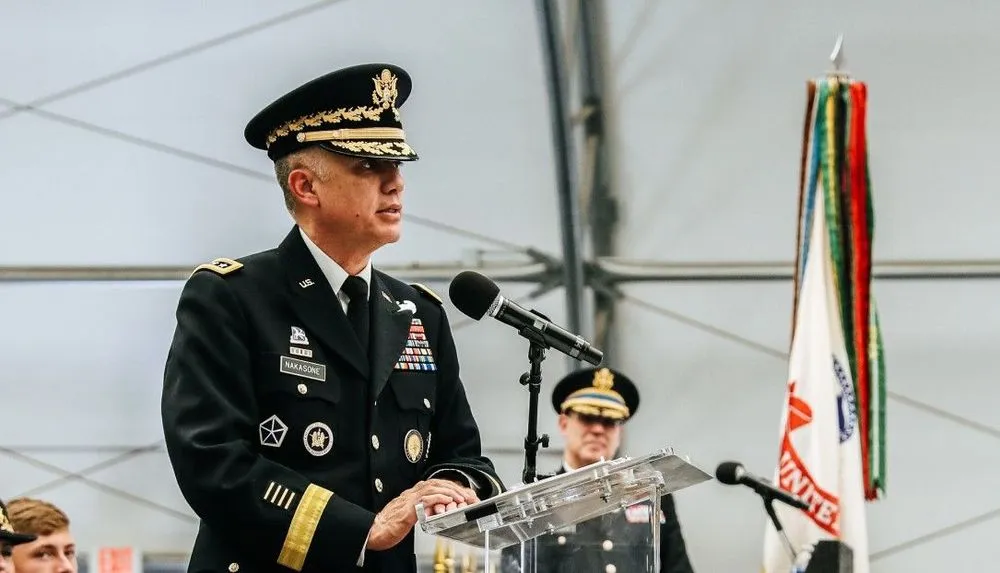Nakasone: Foreign surveillance program helped fend off cyberattacks
NSA Director Gen. Paul Nakasone said Thursday that the special targeted internet surveillance program for non-U.S. citizens known as Section 702 has played an "irreplaceable" role in helping the agency fend off ransomware attacks and prevent weapons components from reaching adversaries, as well as being used to identify threats to U.S. troops.
“702 has helped us to understand the strategic intentions of the foreign governments,” Nakasone explained to the U.S. Privacy and Civil Liberties Oversight Board (PCLOB) in a keynote speech, adding that 702 authorities have allowed the agency to disrupt foreign cyber attacks and ransomware operations.
Nakasone did not provide much rich detail about the operations, aside from the list. But the statement was part of a broader effort meant to build support for the renewal of what has become a central tool for the intelligence community. Section 702 of the Foreign Intelligence Surveillance Act, or FISA, is set to sunset at the end of the year.
The warrantless surveillance program is controversial. Critics argue that collecting information on the communications of non-American overseas cannot help but sweep up innocent Americans in the process. In 2014, the PCLOB released a report that looked exactly at this issue. After its investigation, the board laid out a series of recommendations aimed at preventing this problem of over collection of U.S. persons' data.
Section 702 was added to the FISA law in 2008, and was initially heralded as a counterterrorism measure to close intelligence gaps. The collection of communications data is said to have helped the FBI find Najibullah Zazi, an Afghan-American who was arrested in September 2009 for his role in planning suicide bombings on the New York City Subway system. The intelligence community had intercepted his conversations with a bombmaker overseas as he sought to mix the explosives he would use in the New York attack in a Colorado hotel room.
Nakasone made the case that today Section 702 prevents cyber attacks and espionage, and that it helped the U.S. locate Ayman al-Zawahiri, one of al-Qaeda leader Osama bin Laden’s right hand men. He was killed in a drone strike in Pakistan last August.
“How do we demonstrate to the public the fact that the dog didn't bark in the night?” Nakasone told the PCLOB audience. “It's difficult to provide you with concrete examples of how this authority has helped protect the country because so many of our successes are just that – preventing the dog from barking in the night.”
Nakasone’s presentation is the beginning of a campaign that is likely to be a pitched battle with Congress over renewal of Section 702. The Record has reported previously that Republican House members have put together a working committee to review the warrantless internet surveillance program.
Dina Temple-Raston
is the Host and Managing Editor of the Click Here podcast as well as a senior correspondent at Recorded Future News. She previously served on NPR’s Investigations team focusing on breaking news stories and national security, technology, and social justice and hosted and created the award-winning Audible Podcast “What Were You Thinking.”



